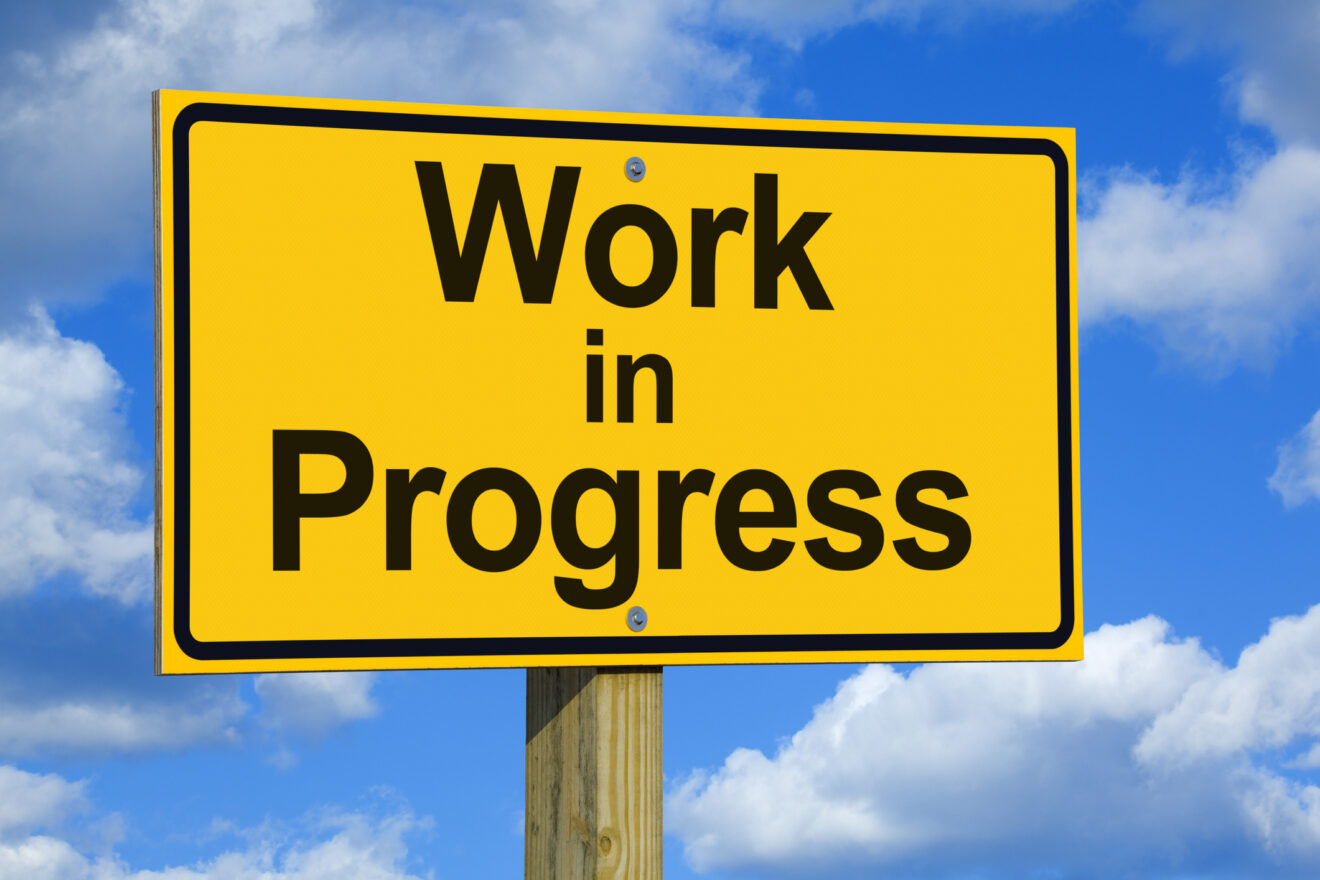I am obsessed with the Wall Street Journal story about America’s many new, young workers who are oblivious to workplace behavior norms and skill expectations. One person thinks it’s OK to read a book while store customers are present. A fast food worker manning the fryer thinks it’s OK to walk away from his food-burning, fire-hazard post to chat with friends. An entry-level engineer doesn’t have basic skills that his predecessors mastered in college.

In my early 20s, I was an over-confident, eager-to-please, eager-to-learn, eager-to-shine new employee. But that was nearly 40 years ago. I didn’t have to contend with the mother of all disruptors: a pandemic that threw a bomb in the middle of my education, socialization and teenage job.
Pandemic or no, today this problem is costing employers time and money. The options are to fire these workers (and hire whom?), complain or teach them. Members of Generation Z say supportive leadership and positive relationships are the most important factors when considering a job, according to a RainmakerThinking survey, so teaching them should be your answer.
Tips for getting younger workers up to speed
What’s the best way to help young workers build a work ethic, communication skills, customer service skills, technology skills and more?
Face facts. “Consider young employees as exactly what they are: new to the work environment and often inexperienced in face-to-face interactions. Stop expecting them to act as you did when you first joined the workforce. Their reality and upbringing was likely different from your own,” business coach and Purpose Linked Consulting CEO Alaina Love says.
Set the stage for change. “Affirm their value. Advise that their work habits, while well intended, do not fit the general work atmosphere. Be specific on what changes need to be made and by when. Make it known you and your colleagues want them to succeed,” business coach and author John Baldoni recommends. Remember, and share with them, that their success is the whole company’s success.
Commit to longer onboarding. More than half of respondents in a new Executive Networks/NovoEd survey said onboarding should last a year or never end.
Know that frustration won’t build a high-performing team. “Instead, be a mentor and a role model to new employees. Patiently teach them about the culture of the organization. Model the behaviors and accepted ways of interacting that align with that culture. Then, give them assignments that let them practice those behaviors so they get better at fostering strong workplace relationships and grow their interpersonal capabilities,” Love advises.
Remember the importance of positive relationships. For upskilling in general, millennial and Gen Z employees prefer to learn from peers rather than trainers, according to the Executive Networks/NovoEd survey.
Reframe your perception. Instead of viewing underskilled workers as a problem, remember that teaching new skills can be a team-building exercise, which Zoho Chief Evangelist Raju Vegesna notes can expand understanding of one another and build each worker’s investment in the company.
Advice to share with new workers
If the younger workers are frustrated by the situation as well, Baldoni suggests sharing with them that the should:
Ask questions with an open mind … and heart. Demonstrate that you want to learn.
Listen to what the older workers say, and watch how they act. Do as they say, not always as they do.
Cooperate. Be available to assist.
Coordinate. Be flexible and willing to assist when asked.
Collaborate. Discover ways to add to the conversation and to the activity by what you have learned and can learn.
Leverage your technological skills. Be available to mentor your “elders.” And in return have them teach you the rules of the road.
Diane Benson Harrington is an education and leadership writer and Originals coordinator at SmartBrief. Reach out to her via email, X or LinkedIn.
Opinions expressed by SmartBrief contributors are their own.
_________________________
Subscribe to SmartBrief’s FREE email newsletter on leadership. It’s among SmartBrief’s more than 250 industry-focused newsletters.
